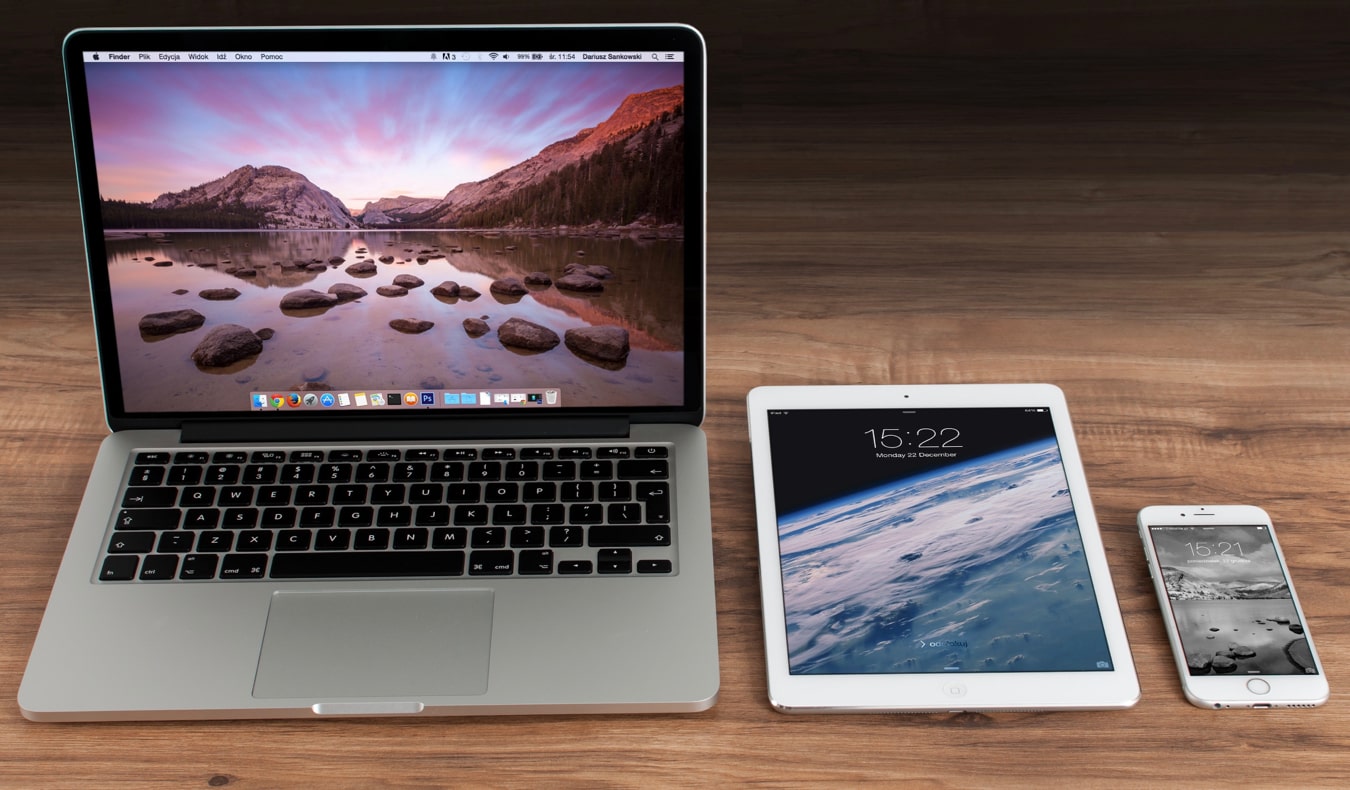
Is A Smartphone Enough?
In modern Ireland, the question of whether a smartphone alone can meet all our needs or if laptops remain indispensable is more relevant than ever. Smartphones have evolved into powerful devices, capable of handling a wide range of tasks once reserved for laptops. However, while smartphones offer unparalleled portability and convenience, there are still areas where laptops excel. This article weighs the pros and cons of both devices to determine their respective importance.
Smartphones have become an integral part of daily life, offering a level of convenience and accessibility that laptops cannot match. With powerful processors, high-resolution displays, and a plethora of apps, smartphones allow users to browse the internet, manage emails, stream media, and even handle basic productivity tasks like editing documents and managing schedules. The portability of smartphones means they are always within reach, making them ideal for on-the-go use. For many people, especially those with busy lifestyles, a smartphone is the primary device for staying connected and productive.
Despite their versatility, smartphones have limitations that can make laptops a necessary complement. One major drawback is the small screen size, which can hinder productivity for tasks that require extensive reading, writing, or multitasking. While smartphones are excellent for quick tasks, the limited screen real estate can be a significant disadvantage when working on complex projects or consuming large amounts of content. Additionally, the on-screen keyboard, though sufficient for short messages, can be cumbersome for typing longer documents or emails.
Laptops, on the other hand, provide a more robust computing experience, particularly for professional and creative tasks. With larger screens, full-sized keyboards, and more powerful hardware, laptops excel in areas such as software development, graphic design, video editing, and extensive data analysis. The ability to run resource-intensive applications smoothly is a significant advantage of laptops over smartphones. Moreover, the multitasking capabilities of laptops, with multiple windows and larger displays, enhance productivity for users who need to work on several tasks simultaneously.
Another consideration is the difference in software ecosystems. While smartphones have a vast array of apps, some professional software is only available or fully functional on laptops. For instance, specialized software for programming, 3D modeling, and video editing often requires the processing power and interface provided by a laptop. Additionally, the experience of using desktop-class browsers on laptops can be superior to mobile versions, offering more features and better compatibility with complex websites and web applications.
Battery life and ergonomics also play a role in the debate. Smartphones generally have good battery life for daily use, but intensive tasks can drain the battery quickly. Laptops, especially those designed for professional use, often have better battery performance for prolonged periods of productivity. Ergonomics is another critical factor; working on a laptop with a larger screen at eye level and a comfortable keyboard can prevent strain and fatigue, which are common when using smartphones for extended periods.
While smartphones are incredibly versatile and convenient, they are not yet ready to replace laptops entirely. The choice between a smartphone and a laptop depends on the user's needs and the nature of their tasks. For casual use, communication, and on-the-go productivity, a smartphone may suffice. However, for professional work, complex tasks, and situations requiring extensive multitasking, laptops remain indispensable. The best approach is often a combination of both devices, leveraging the strengths of each to achieve a balanced and efficient workflow. As technology continues to advance, the line between smartphones and laptops may blur further, but for now, each has its unique and vital role in our digital lives.




